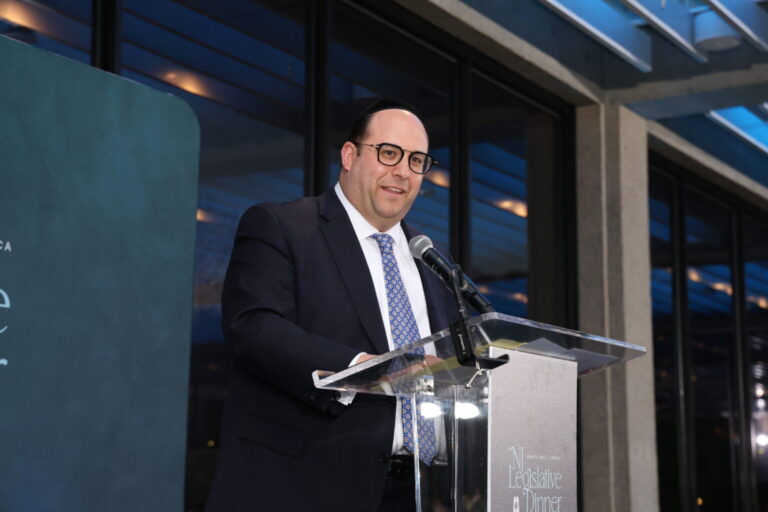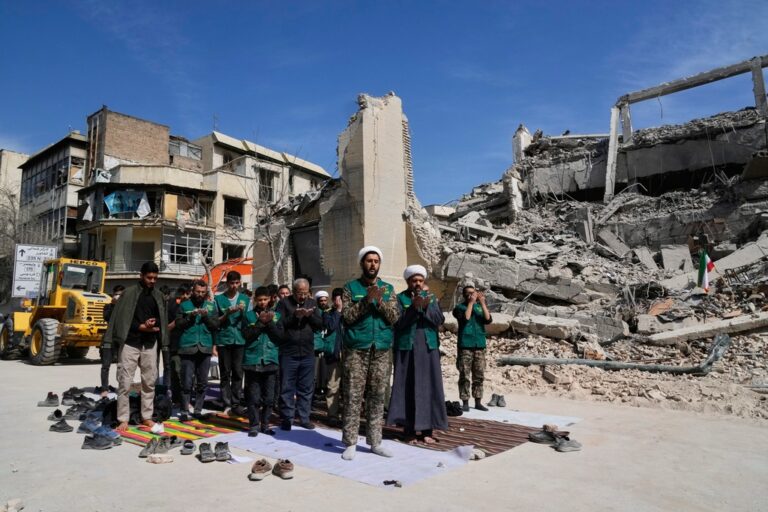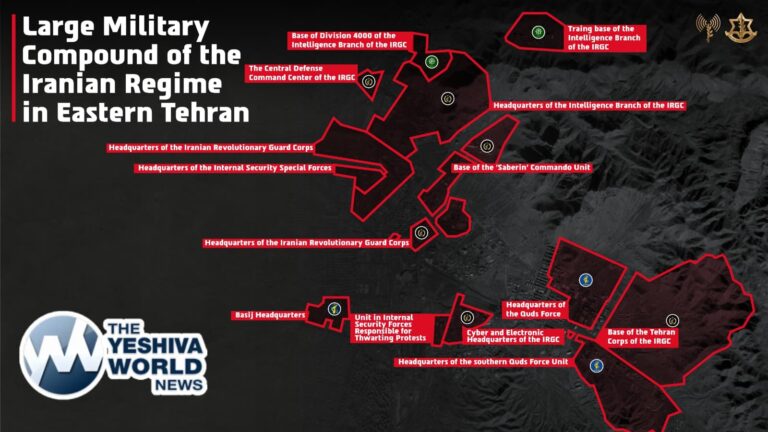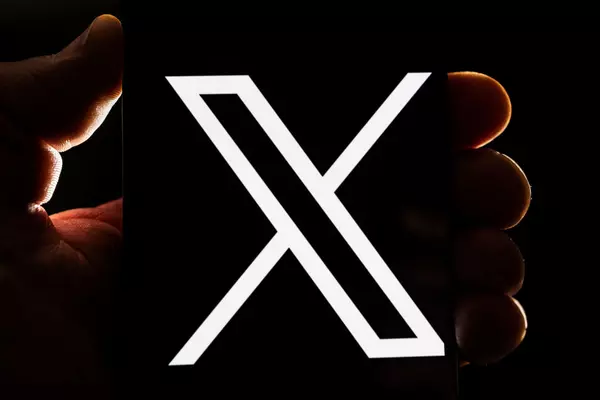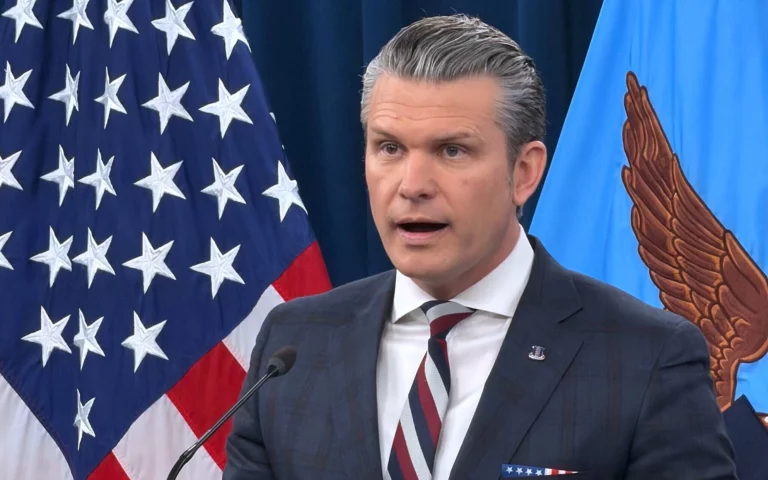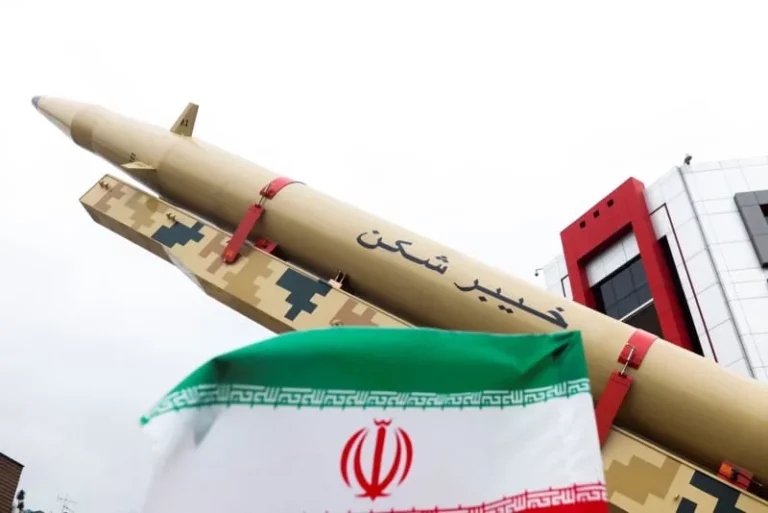Major Israeli news outlets Tuesday called on Facebook and Twitter to halt what they said were social media posts inciting violence against journalists after a rash of attacks and death threats targeting reporters.
In letters sent to the social media giants, over a dozen newspapers, websites, TV and radio stations said “journalists have become a target for incitement, which has put them in clear and present danger.”
Israel has gone through a tumultuous month that included police crackdowns against stone-throwing Arab rioters at a flashpoint Jerusalem holy site, mob violence against Jews by Arabs and an 11-day war between Israel and Hamas terrorists in the Gaza Strip.
Bystanders attacked journalists covering the unrest in Israeli cities, and news anchors and reporters covering the fighting in Gaza faced intense verbal attacks and death threats online.
“There have been countless tweets calling for physical harm to Israeli journalists or labeling them as traitors or enemies of the state in a manner that encourages or justifies violent action against them,” the letter sent on behalf of 14 Israeli news outlets said.
The posts and tweets highlighted include calls for assault and murder and accusations of treason.
Since the Gaza war erupted on May 10, the Union of Journalists in Israel said it has documented at least 14 cases of verbal and physical attacks on journalists by police, officials and members of the public. At least two people have been charged for assaulting TV reporters in Tel Aviv.
Veteran Channel 12 reporter Rina Matzliach said in a televised monologue this month that while press criticism is necessary, “what’s happening now isn’t criticism … What’s happening now is an assassination attempt.”
The station hired bodyguards to protect Matzliach and several other journalists after they were threatened.
Last week, the journalists’ union and Israel Democracy Institute issued a similar call to the country’s attorney general and Facebook. They said violent calls that started on social networks have progressed to messaging apps like WhatsApp, Telegram and private Facebook groups, leading to physical attacks on journalists.
Earlier this month, a Telegram channel displaying the emblem of a Jewish nationalist group swelled from a few hundred members to more than 6,000 in just a few days. It was used to mobilize mobs of Israeli Jews to flashpoints, including the Tel Aviv suburb of Bat Yam, where a crowd pulled an Arab man from his car and beat him severely.
Facebook and Twitter said they were both committed to cracking down on incitement.
“While we allow criticism of public figures, such as journalists, we don’t allow people to threaten or harass them, and we remove this content whenever we become aware of it,” Facebook said.
Twitter said it has a “clear policy in place which prohibits people from issuing violent threats against others on the service.”
“Where we identify clear violations, we will take robust enforcement action,” it said. “This work is constantly evolving as new challenges emerge and we recognize we have to work hard to stay ahead of those who intend to undermine the public conversation.”
In its 2020 report, advocacy group Reporters Without Borders said that journalists in Israel “are exposed to open hostility” by politicians.
Anat Saragusti, a union official in charge of press freedom, told The Associated Press that there has been a precipitous rise in online hate speech directed at journalists in Israel.
(AP)




